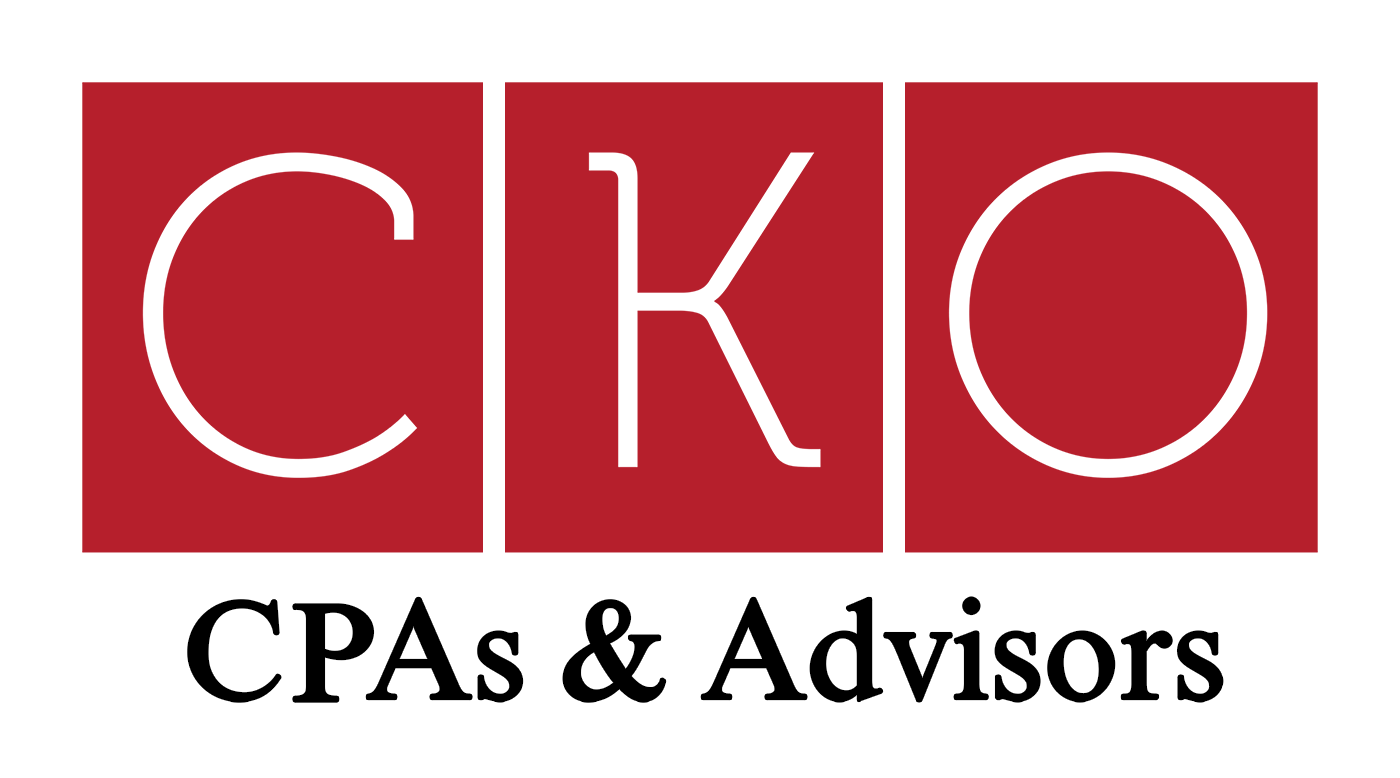LATEST STORIES ABOUT ACCOUNTING AND TAX SERVICES
The pandemic seems to be the center of the stories being told in our world today because of the disruption it caused in every area of our lives.
The accounting and tax sectors were not spared from this disruption either. The reason is that many clients, especially business owners, do not only seek accounting and tax assistance during uncertain times, they also desire business insights and workable plans, and they believe they can get this from someone familiar with their finances.
Fortunately, many CPA firms were able to manage the different situations their clients were faced with effectively. They achieved this by assessing their clients' needs since they had an existing knowledge of the business.
Below are the recent events and stories in the accounting and tax services:
1. Foremost, I will like to start with a notable change in the accounting profession: the recent adjustment in the CPA exams.
The pandemic made accounting and tax professionals perform many roles for their clients more than they did. It became necessary to review the exam criteria of becoming a CPA.
Topics such as the testing of the difference between IFRS & GADP standards, the alternative minimum tax, trusts and estate taxation in the REG section; and defined benefit pension plans and derivative journal entries in the FAR section, which were a standard part of the exams are to be phased out, while priority is given to topics such as understanding business processes, automation, data analysis and "the need for a digital and data-driven mindset."
It cannot be any more accurate that the disruptions caused by COVID-19 helped shape this decision as people involved in accounting and tax services had to evolve and play new roles. New sets of risk management issues were exposed, and more than ever, businesses had to find strategies to survive the threats posed by the pandemic on their revenue.
Majorly we have seen more requirements of Accounting Services in USA with these businesses also demanding tax services specially in case of the Taxation Services in Houston.
CPAs became the primary advisors to analyzed the numbers and also helped assess business decisions that would impact their client's bottom line.
It became apparent that CPAs will be expected to offer advisory services to their clients and help clients make intelligent decisions by analyzing available data.
2. Nick Swedberg, a CPA with a client base of majorly (about 75%) restaurants and small craft breweries owners in Minnesota.
During the pandemic, restaurants and small craft breweries were greatly affected. As a result of this, Swedberg needed to find a way to keep his clients in business, so he came up with different solutions for them, which included implementing to-go sales and deliveries.
As these businesses were about to branch out, it was observed that they had to answer questions about how feasible and profitable this action will be. Also, employee compensation, car insurance, and handling tips were to be checked because these factors are strictly regulated in Minnesota. Swedberg was able to achieve this with Excel.
In addition, Swedberg helped some of his clients obtain permission from the local government for a temporary exemption from specific regulations. This brought about more flexibility for these businesses as they could expand outdoor when the government banned indoor dining.
One of his clients was able to utilize the parking lot in his town, while a brewery owner client was able to make home deliveries of his goods by working hand-in-hand with the local board of health.
Swedberg served as a guide in helping his clients work through their creative ideas. He took it upon himself to help them organize their thoughts and then make an actual financial projection to know if the idea was workable.
3. For Sandy Shecter (CPA, CGMA), her major clients were health practitioners whose businesses were affected due to the lockdown.
Sandy took the initiative of helping her clients apply for the Paycheck Protection Programs, loans, and grants.
Three vital roles played by Sandy's firm were that they provided data and projections to help their client make good management decisions, introduced new methods of working with patients, and providing solutions to technological needs.
4. For Brandon Hall, his clients were in the real estate sector, and during the pandemic, the rental income went down. This development left Hall with no choice but to act as an outsourced Chief Financial Officer (CFO) for his Clients.
Not only did he perform a real estate portfolio analysis for his clients to improve performance on rental income, but he also came up with tax minimization and cost-segregation strategies to help them improve cash flow.
5. For Shin, some of his clients were in the construction sector in Colorado, and their finances weren't affected by the pandemic. However, their challenge was that they had issues hiring sufficient workers/contractors. This situation made Shin's company shift its focus on things such as reevaluation of the hiring process, billings (especially because of the extra cost of getting Personal Protective Equipment).
They also got involved in training on remote work and the benefits of a home office for their professional clients.
To sum up, the accounting and tax sector has experienced some unprecedented changes these past few months, and interestingly, these changes are here to stay.






